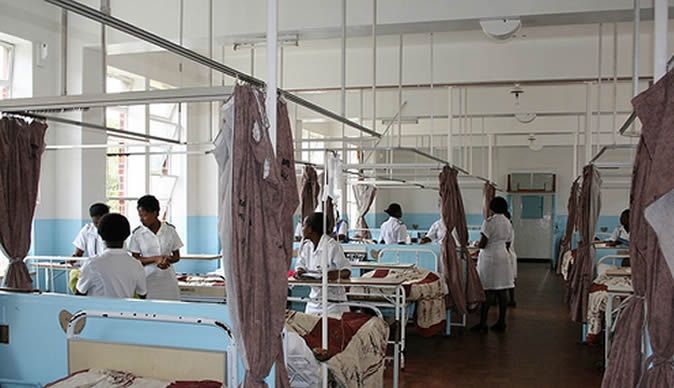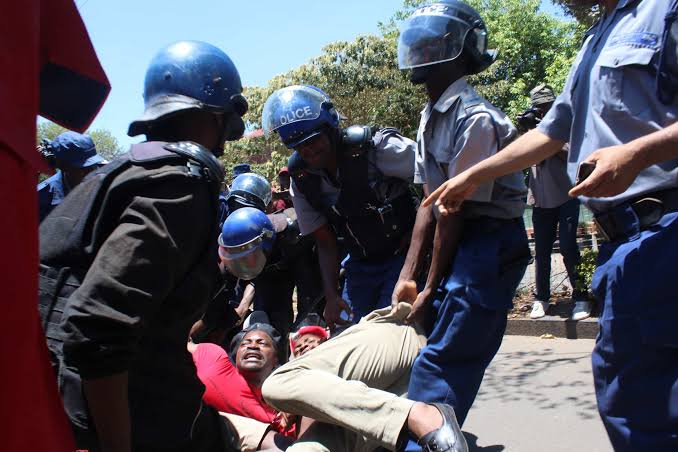By Staff Reporter
Harare– The Zimbabwean government’s 2025 National Budget, last week presented by Finance Minister Professor Mthuli Ncube, has faced sharp criticism for its insufficient allocation to the health sector.
In a recent analysis titled 2025 National Budget Analysis: A Social and Economic Justice Perspective, ZIMCODD, a prominent civil society organization, raised concerns over the health budget, which stands at ZWG 28.3 billion (USD 785.9 million), representing only 10.2% of the total budget.
This is far below the 15% benchmark established by the Abuja Declaration, which Zimbabwe has committed to meeting in order to prioritise healthcare funding.
ZIMCODD warns that this inadequate allocation will disproportionately affect the most vulnerable populations in Zimbabwe.
“The 2025 budget fails to meet the needs of the millions of Zimbabweans relying on public healthcare. We are moving further away from achieving universal health coverage,” ZIMCODD stated.
The health sector is already under severe strain due to cuts in donor funding, including the upcoming termination of the Health Resilient Fund in 2025.
The combination of reduced international support and limited domestic funding is expected to worsen the challenges surrounding healthcare access.
ZIMCODD also highlighted that the reintroduction of duties on medical products will exacerbate costs, making life-saving treatments increasingly inaccessible to low-income households.
“The reintroduction of duty on medical products will further escalate costs, reducing access to life-saving treatments for low-income households,” ZIMCODD warned.
The health sector is struggling with shortages of essential medicines and medical equipment, and the budget also fails to provide sufficient funding for Assisted Medical Treatment Orders (AMTO), which are vital for the elderly, people with disabilities, and other marginalized groups.
Only ZWG 593 million has been allocated to AMTO, a sum experts deem grossly inadequate.
While the education sector has received attention, with funding reaching the recommended 20% mark of the total budget as per the Dakar Declaration, other critical areas such as housing and social protection remain underfunded.
ZIMCODD’s analysis also draws attention to the housing crisis, noting that over 5 million people still lack decent accommodation.
Similarly, the Harmonized Cash Transfer program allocates just USD 8 per person per month, an amount insufficient to meet basic living standards.
In response to the budget, ZIMCODD has called on the government to rethink its spending priorities, urging equitable resource allocation across all sectors.
“Zimbabwe cannot afford to ignore the health sector while aiming for upper middle income status by 2030,” the coalition asserted.
ZIMCODD emphasized the importance of accountability in ensuring that allocated funds reach their intended recipients.
“With proper management and prioritization, the health crisis can be mitigated. The time to act is now,” ZIMCODD said.



